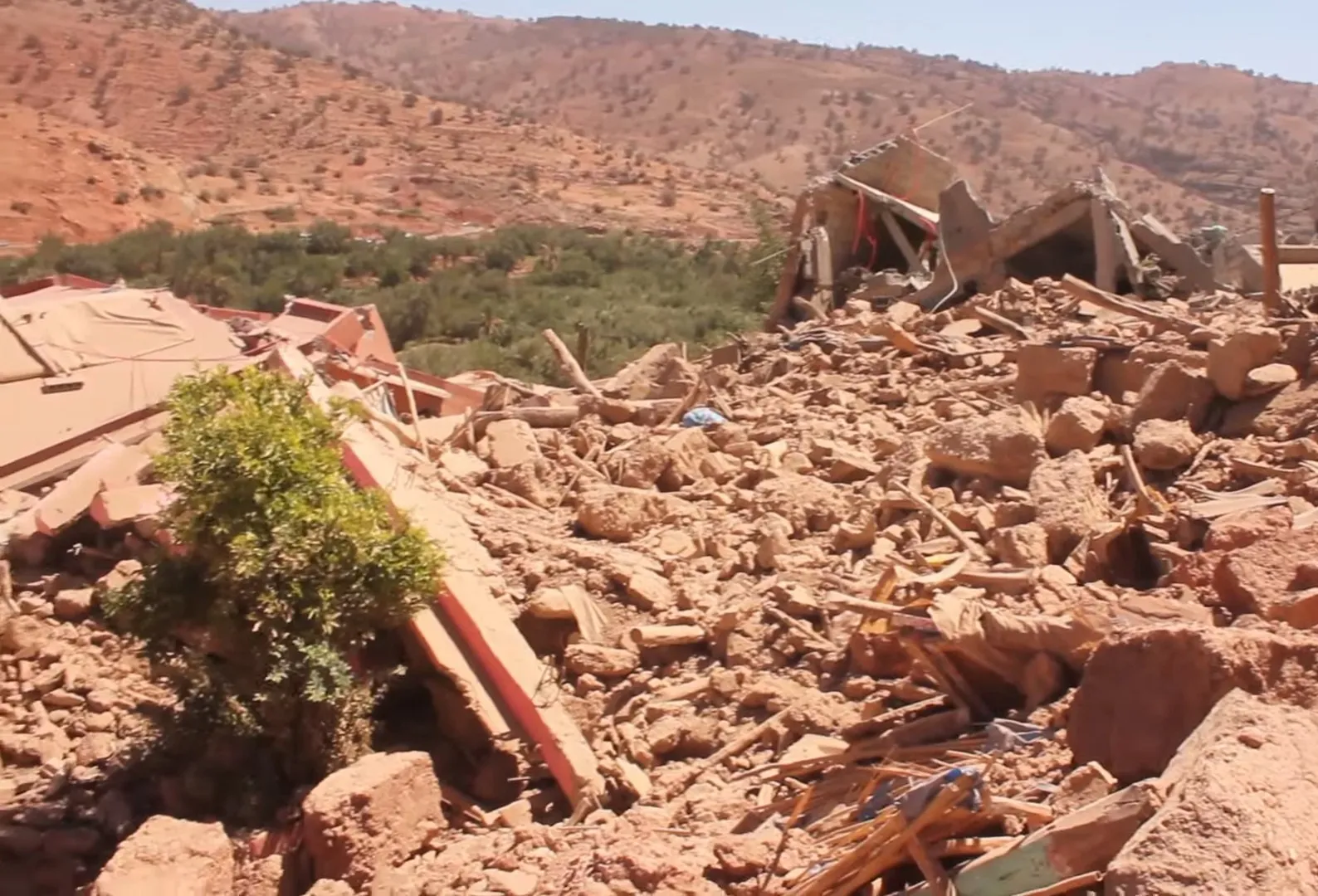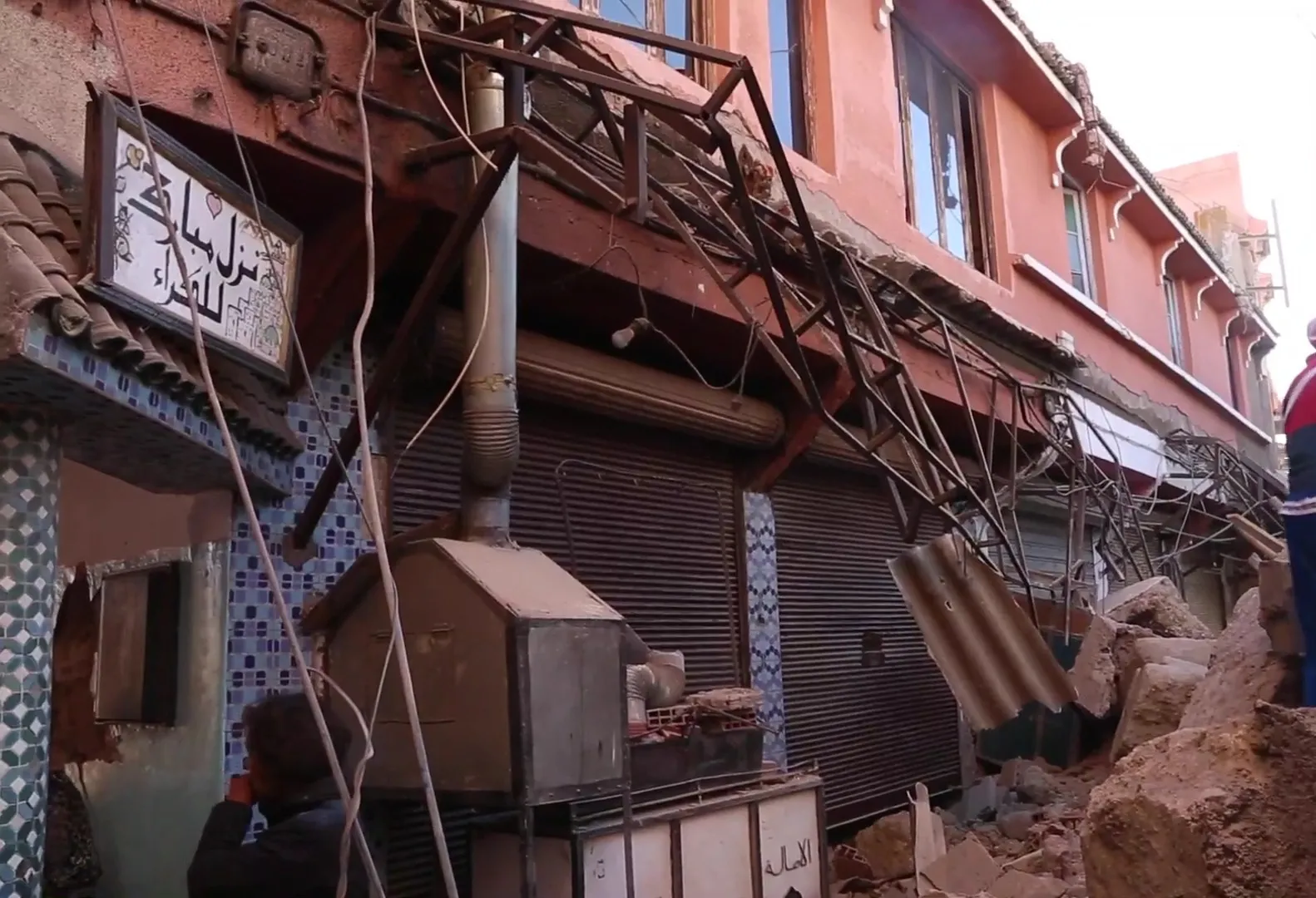Regional authorities and the Red Crescent of Morocco are coordinating the emergency relief efforts and have mobilized hospitals and firefighters and established crisis centers.
However, the Atlas mountain range can be difficult to traverse in the best of circumstances, and on-the-ground teams have said rescue efforts have been severely impaired by the quake’s damage to roads and bridges. Boulder-strewn highways have left entire communities completely isolated.
Eyewitness accounts reported buildings throughout Marrakesh’s densely populated, labyrinthine streets began to crumble immediately, including many of high cultural and historical significance.
Outside the city, the 12th century Koutoubia Mosque – a UNESCO World Heritage Site – collapsed.
“Humanitarian action in Morocco is really well coordinated by local authorities and various NGOs, including CARE, are coordinating together to respond to the emergency needs of people, especially vulnerable groups such as women and girls,” Deepmala Mahla, VP of Humanitarian Affairs at CARE USA, told MSNBC.
“The lifesaving rescue operations are an immediate priority, but for many who have survived but lost everything, many are in a state of shock. They need hot meals, safe drinking water, emergency shelter. There are also significant medical needs. Important to note also is that we live in a fast-moving news cycle… it’s easy to forget that the needs of the people following a disaster are long term.”
CARE’s immediate priority has been to provide meals, safe water supply, emergency shelter, and medical support to families that have been impacted by the earthquake.
As the situation on the ground evolves, CARE teams plan to adapt their response strategy to ensure they can provide timely assistance that is both culturally appropriate and sensitive to the lives of women and girls and in need.



